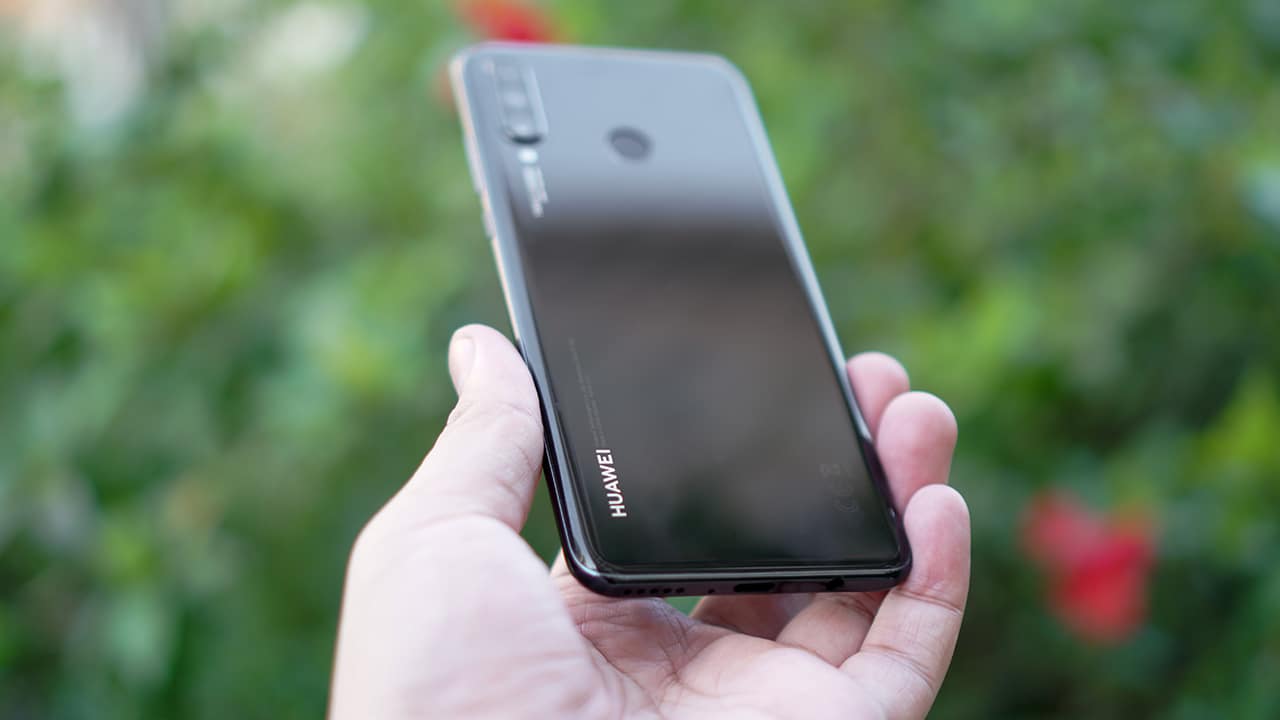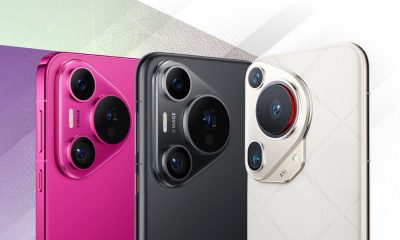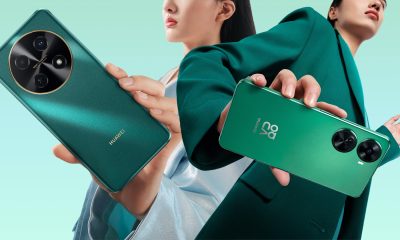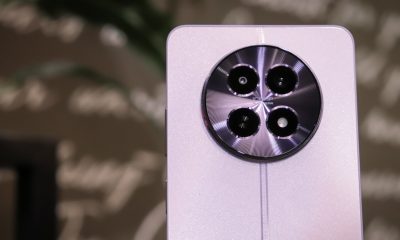Enterprise
Philippines: Huawei ban ‘will have a little impact’ on the country
States the Philippines’ robust cybersecurity measures

Throughout the past few days, the Huawei debacle has devastated companies and consumers across the globe. Everyone is falling for the fear. Huawei’s long-standing suppliers have cut ties with the company. Huawei’s consumers are getting rid of their favored headsets. The wave has swept the whole world.
Naturally, the Philippines isn’t immune. Recently, smartphone retailers and resellers have started refusing Huawei devices from their stores. Local Huawei users can’t easily sell their devices to the second-hand market anymore.
However, an important question still stands. How much will the Huawei ban affect the Philippines?
Of course, the ban originates from Trump’s trade war against China. Among other reasons, the American government cites the company’s inherent cybersecurity risks as the prime motivator. Supposedly, Huawei’s telecommunications hardware can transmit valuable data to the Chinese government. Given the Philippines’ proximity to China, are we also at risk?
According to the Department of Information and Communications Technology, Huawei’s ban “will have a little impact in the Philippine telecommunications industry.” Shared through a Facebook post, the DICT assures users of the country’s robust cybersecurity measures. As of now, the department has not reported any cybersecurity breaches coming from Huawei equipment.
Likewise, shortly after the news broke, local telcos confirmed continued support for Huawei’s devices. According to the DICT, “they will diversify in their present and future procurements of equipment to make their networks more robust and future proof.” The department is also imposing strict rules on local telcos regarding network monitoring. The statement also quickly adds the imposition of the same rules on a potential third telco.
Is the DICT’s statement believable? For now, Huawei’s impact is still marginal at best. Companies and consumers are going on the perceived risk of the future. Right now, Huawei has not announced drastic changes to its products yet. Existing Huawei products still support Google.
Of course, cybersecurity is another issue. The risk will always exist when foreign companies control the telecommunications equipment of another country. At the very least, the DICT isn’t treating the whole debacle as a non-issue. Hopefully, the department’s promises are an optimistic sign for the country’s telecommunications industry.

For the longest time, Google kept Pixel and Android behind two different teams. While the Pixel team dealt with devices made by and for the brand, the Android team ships a product meant for brands outside of the company’s purview. However, the days of separation are at an end. Google is officially merging its Pixel and Android teams together.
In a shocking announcement, the company has confirmed that the teams handling hardware and software will fall under a single team headed by Rick Osterloh. Prior to the merge, Osterloh was the senior vice president of devices and service, which was Google’s hardware branch. He will now oversee both hardware and software.
Because of the new leadership change, Hiroshi Lockheimer, former head of Android, will now move on to other projects within Alphabet. Of note, the change is not harsh for Lockheimer. He and Osterloh had been contemplating on the merge for a while.
Now, why the change? As is the case with everything today, it’s all because of AI. Speaking to The Verge, Osterloh explains that the merge will help with “full-stack innovation.” With how technology is these days, it’s now impossible to develop AI without having a close eye on hardware, such as in Google’s AI developments for the Pixel camera. Merging the teams will help streamline development, especially when hardware is involved.
Despite the change, outside brands, like Qualcomm’s Cristiano Amon, remains confident of Android’s capabilities outside of Google. Just expect more AI coming out in the near future.

The ongoing trade war between the United States and China is putting a lot of companies out of business in one country. While all eyes are currently on America’s crusade against TikTok, China has launched a salvo of its own. The country has started banning AMD and Intel, starting with government devices.
Recently, as reported by the Financial Times, China has introduced a new rule that bans American chipsets and servers from government agencies. The new ban includes AMD, Intel, and Microsoft Windows.
In lieu of the now-banned brands, Chinese government agencies must use approved brands from a list of 18 Chinese manufacturers. Unsurprisingly, the list includes Huawei, another brand involved in the ongoing trade war. (Huawei is still banned on American soil.)
As with bans from America, China’s latest rules stem from a desire to implement national security. Both countries allege that using brands from the opposing side will open a potential avenue for transferring classified information.
Currently, the ban against the American chipsets are only affecting government devices. However, if it follows the same trajectory as Huawei and TikTok in the United States, a government-only ban might soon lead to an all-out ban on consumer devices. As TikTok is currently hanging in the balance, it’s unlikely that the trade wars will cool down anytime soon.

So far, Apple’s greatest enemy has been the European Union. Months and months of claiming that the company engages in anti-competitive practices, the region has successfully caused Apple to drastically change a lot of things about the iPhone including the Lightning cable. Now, a new challenger wants Apple to answer for its supposed grip on the industry: the United States government.
Today, the Department of Justice is officially suing Apple for supposedly monopolizing the smartphone industry and stifling competition. The lawsuit alleges that Apple’s lineup of products prevent users from trying out other brands. For example, Apple limits how well a third-party smartwatch works on an iPhone, pushing users to go for an Apple Watch instead.
The lawsuit also includes an important pain point in Apple’s fight in Europe. It says that the company makes it difficult for iPhone users to communicate with Android users (and vice versa). Late last year, the company already committed to supporting RCS as a messaging standard, finally easing communication between the two systems. Their adoption has yet to arrive, though.
Though not as stringent as Europe, the American government is no slouch when it comes to questioning its own companies for pursuing anti-competitive practices. In the past, it went through Google and Spotify to protect the interests of its citizens. The lawsuit against Apple is no different, gathering signatures from sixteen states.
For Apple’s part, the company aims to get the case dismissed, alleging the lawsuit’s unfair scope of just the American people when it targets the entire world.
SEE ALSO: Apple opens first Developer Center in Southeast Asia
-

 Events2 weeks ago
Events2 weeks agoStellar Blade: PlayStation taps cosplayers to play Eve for game’s launch
-

 Features2 weeks ago
Features2 weeks agoFortify your home office or business setup with these devices
-

 Accessories2 weeks ago
Accessories2 weeks agoLogitech unveils G Pro X 60 gaming keyboard: Price, details
-

 Reviews1 week ago
Reviews1 week agorealme 12+ 5G review: One month later
-

 Gaming1 week ago
Gaming1 week agoNew PUMA collection lets you wear PlayStation’s iconic symbols
-

 Deals2 weeks ago
Deals2 weeks agoTCL P635 TV: Big savings for TCL’s anniversary
-

 Accessories1 week ago
Accessories1 week agoMarshall Major V: Reasons Why I Love It
-

 Gaming1 week ago
Gaming1 week agoMore PlayStation 5 Pro specs have been leaked



























